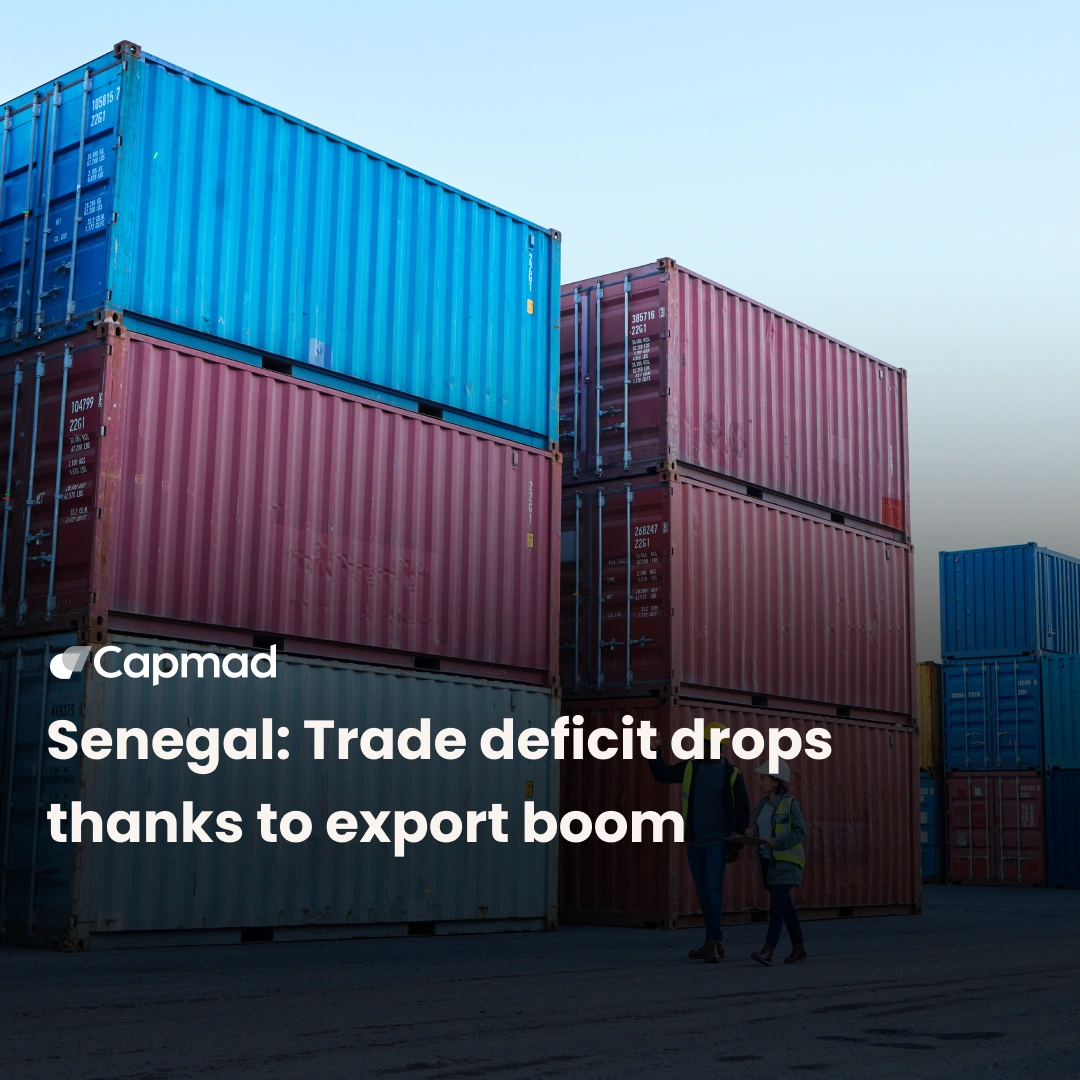This Thursday, April 3rd, global markets experienced a sharp decline following Donald Trump’s execution of his threat with the introduction of his tariff program. These new tariffs primarily highlight the risk of an economic slowdown.
Capmad presents the sectors reacting this Thursday to Donald Trump’s tariff announcements.
Banks shaken
On the Paris Stock Exchange, French bank shares are down. Generally, financial institutions react more proactively than the market when such announcements are made. This is particularly due to their cyclical nature, which means they are more sensitive to economic fluctuations. This Thursday morning, BNP Paribas, Société Générale, and Crédit Agricole recorded a drop of 3% to 2.5% on the Paris Stock Exchange.
The automotive sector stalls
Donald Trump has also placed the automotive sector at the forefront of his customs initiatives. In particular, the introduction of 25% customs surcharges on vehicles and their components manufactured outside the United States is notable.
In Paris, automotive suppliers are the most affected. Valeo, which had indicated at the end of February that it did not have sufficient margins to withstand the 25% customs duties, gave back 3.5%, while Forvia granted 4.1%.
Fashion and textiles lag behind
Sports equipment suppliers are also struggling following the announcement of new tariffs targeting Vietnam, Indonesia, and China. 50% of Nike shoes and 39% of Adidas shoes are produced in Vietnam.
In Frankfurt, Adidas shares fell more than 10%, while those of its competitor Puma plummeted 8.8%. On Wall Street, Nike and Lululemon posted declines of more than 9% in pre-market trading.
Other companies in the ready-to-wear sector, which also manufacture their products in Asia, also suffered. Swedish giant H&M recovered 4% on the Stockholm Stock Exchange, while Inditex, the parent company of the Zara retailer, fell 2.5%. LVMH recovered 3.5%, Hermès 3.4%, and Kering lost 2.8%. In London, Burberry shed 7%.
Aerospace Grounded
This Thursday, aerospace stocks faced market turbulence. However, observers expected the new president to spare this sector in order to save Boeing. Ultimately, none of this escapes the customs sector under Donald Trump’s presidency, including aeronautics.
Indeed, 20% of French exports to the United States are related to the aeronautics industry. In 2024, nearly €9 billion worth of products classified as “aircraft and space engines” were exported to the United States. On the Paris stock market, Airbus fell 3%, Safran posted a 2.8% drop, while Dassault Aviation saw its value decline slightly by 1%.
Spirits decline moderately
The wine and spirits sector mitigated losses on the Paris stock exchange. Although Donald Trump has raised the possibility of imposing 200% tariffs on wines, champagnes, and other alcoholic beverages from France and other European Union member nations, These items will eventually be subject to an additional 20% tariff, just like other goods imported from the European Union. Pernod Ricard and Rémy Cointreau are down only 1%, while Laurent Perrier is down 0.4%, and Vranken-Pommery is up 0.9%.
Healthcare in good shape
Companies associated with the healthcare sector are experiencing upward growth. On Wednesday evening, the White House announced that drugs and other pharmaceutical products would not be subject to the new tariffs.
In Paris, Eurofins Scientific rose 3.5%, Biomérieux saw its shares rise 1.5%, Ipsen gained 1%, while Sanofi edged up 0.2%.






